The Solstice lung cancer screening study, launched by the National Cancer Centre Singapore (NCCS) in early 2023, has detected early-stage lung cancer in nine participants.
And surprisingly, all nine of these people were non-smokers.
According to the Straitstimes, Mr. Kang Kim Choon, 60 years old, is one of them. His father had lung cancer, so he usually has a chest X-ray every 2-3 years.
However, he stopped having X-rays in 2023 after joining Solstice and was screened with low-dose CT (LDCT) - a method that is considered more sensitive in detecting early damage.
In 2024, LDCT detected a malignant lung nodule measuring 0.8 cm in size even though he had no symptoms. Mr. Kang said he was “very surprised” to learn that conventional X-rays have difficulty detecting nodules smaller than 1 cm or nodules located close to the heart or blood vessels.
Singapore's first screening study for both smokers and non-smokers
Solstice (Singapore Lung Cancer Screening Through Integrating CT With Other Biomarkers) is the first screening study in Singapore to detect early-stage lung cancer in the risk group, regardless of smoking history.
The study is expected to enroll 2,000 people aged 50-80 with a family history of lung cancer. More than 530 people were screened, of which 9 were found to have stage 1 lung cancer. All had never smoked.
In Singapore, nearly 50% of lung cancer patients are non-smokers – a significantly higher rate than in Western countries, where the majority of cases are linked to smoking.
Many experts believe that genetic factors, air pollution or exposure to secondhand smoke may play a significant role in Asia.
According to Clinical Associate Professor Gideon Ooi, Deputy Head of the Department of Cancer Imaging at NCCS, low-dose CT has the advantage of providing 3D images that help clearly observe small and difficult-to-locate nodules.
Currently, Singapore lung cancer screening guidelines (issued in January 2025) only recommend LDCT for smokers aged 50–80 years, with a smoking history of more than 20 pack-years, and who are currently smoking or have quit in the past 15 years. Screening in non-smokers is not yet widely recommended.
Timely surgery, prognosis is almost normal
After a year of follow-up, Mr. Kang's lung nodule had grown from 5 mm to 8 mm. Although it was not large enough for biopsy, the doctor recommended surgical removal. The surgery removed about 5% of the lung volume and was considered to have little impact on function.
Mr. Kang recovered quickly, returning to his exercise routine after a month and completing a mountain climbing trip in Italy that he had postponed.
According to cardiothoracic surgeon Cynthia Chia, early-stage lung cancer has a five-year survival rate of over 70% if treated promptly. However, more than 60% of lung cancer cases in Singapore between 2018 and 2022 were detected at stage 4 – when the disease is no longer curable.
In parallel with LDCT, the Solstice study collects blood samples to look for biomarkers for future diagnostics.
NCCS said the research has no fixed end date and could continue if funding is renewed.
Mr. Kang is currently trying to convince his 55-year-old brother to join the screening program./.
Source: https://www.vietnamplus.vn/singapore-cong-nghe-hien-dai-giup-phat-hien-som-ung-thu-phoi-post1077589.vnp








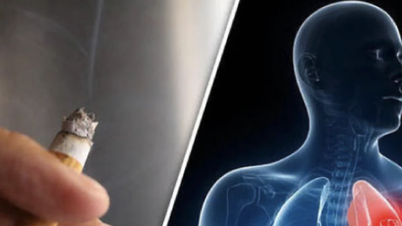




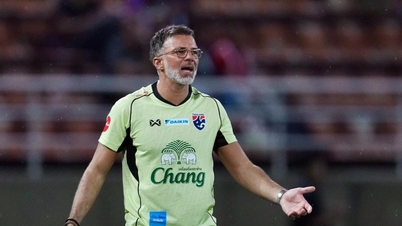





















![[Photo] General Secretary To Lam and National Assembly Chairman Tran Thanh Man attend the 80th Anniversary of the Traditional Day of the Vietnamese Inspection Sector](https://vphoto.vietnam.vn/thumb/1200x675/vietnam/resource/IMAGE/2025/11/17/1763356362984_a2-bnd-7940-3561-jpg.webp)









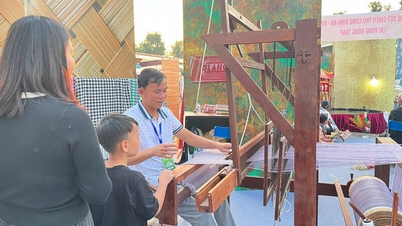

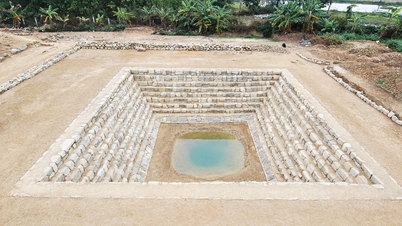
















































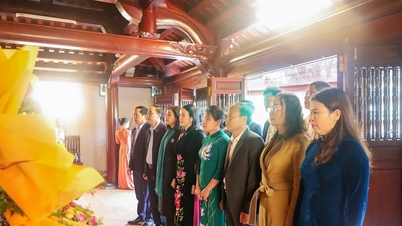













Comment (0)